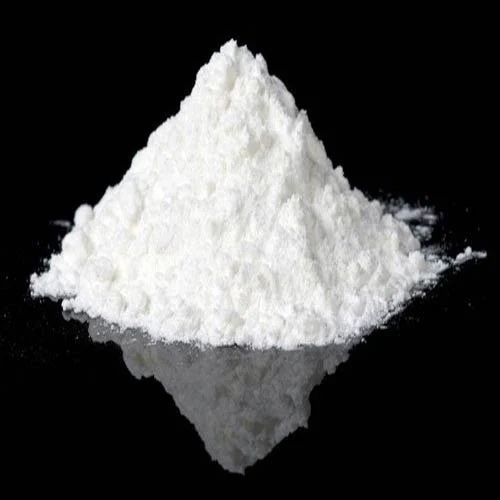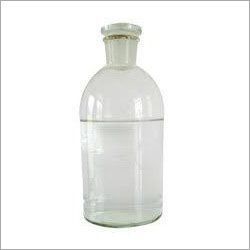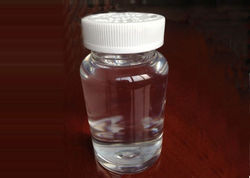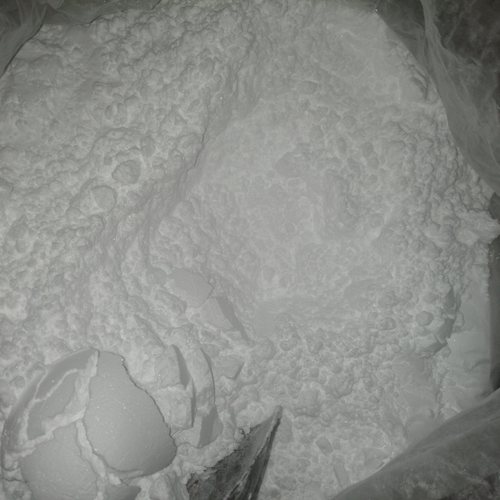Welcome to Our Company
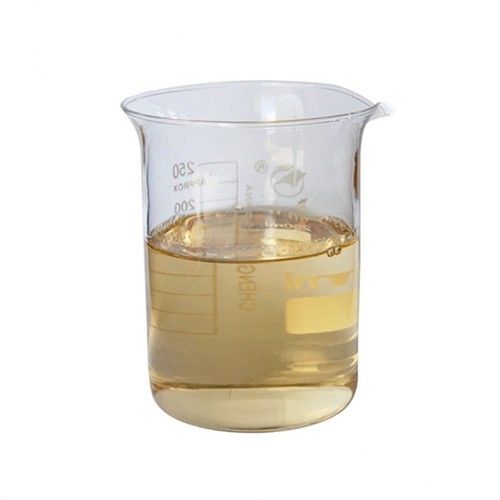
Cyclopenthyl Magnesium Bromide
Product Details:
- Grade Technical Grade
- Application Industrial
- Storage Room Temperature
- Appearance Liquid
- Molecular Formula C5H9Br
- Physical Form Liquid
- Click to View more
X
Cyclopenthyl Magnesium Bromide Price And Quantity
- 1 Kilograms
Cyclopenthyl Magnesium Bromide Product Specifications
- C5H9Br
- Liquid
- Liquid
- Room Temperature
- Technical Grade
- Industrial
Product Description
Cyclopentyl magnesium bromide, also known as cyclopentyl Grignard reagent, is an organometallic compound used in organic synthesis. It is a member of the Grignard reagents family, which are organomagnesium compounds that contain a carbon-magnesium bond. These reagents are highly reactive and versatile, making them valuable tools in organic chemistry for the formation of carbon-carbon bonds.
The general formula for Grignard reagents is RMgX, where R represents an organic group (in this case, cyclopentyl) and X is a halogen atom (in this case, bromine). The bond between the magnesium and the organic group is a polar covalent bond, with the carbon atom bearing a partial negative charge.
Preparation of cyclopentyl magnesium bromide usually involves reacting cyclopentyl bromide (C5H9Br) with metallic magnesium (Mg) in anhydrous (water-free) diethyl ether or another suitable solvent:
C5H9Br + Mg - C5H9MgBr
This reaction is typically performed under anhydrous conditions because Grignard reagents are extremely sensitive to moisture and can be deactivated if exposed to water.
Cyclopentyl magnesium bromide, like other Grignard reagents, can act as a nucleophile and attack various electrophilic groups in organic compounds, leading to the formation of new carbon-carbon bonds. It can be utilized in the synthesis of a wide range of organic compounds, such as alcohols, ketones, carboxylic acids, and others.
It's important to handle Grignard reagents with caution as they are highly reactive and can react violently with protic solvents (containing hydrogen atoms that can act as acids). Additionally, they should be handled in an inert atmosphere (such as nitrogen or argon) to avoid unwanted reactions with air or moisture.
Enter Buying Requirement Details

 English
English Spanish
Spanish French
French German
German Italian
Italian Chinese (Simplified)
Chinese (Simplified) Japanese
Japanese Korean
Korean Arabic
Arabic Portuguese
Portuguese
